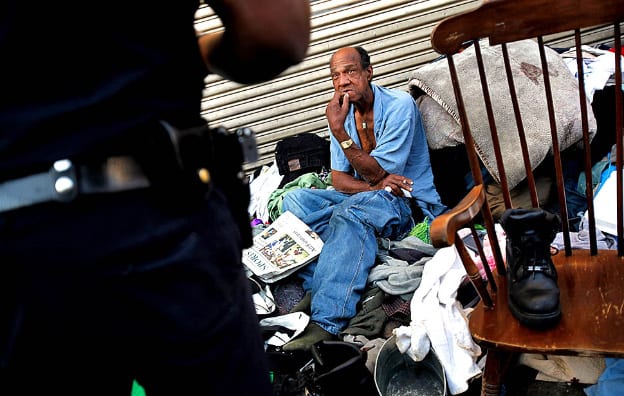Community living during the rehabilitation process offers proven benefits for people recovering from drug or alcohol addiction. Therapeutic communities, or TCs, have been a feature of the addiction recovery landscape since the late 1950s when counselors began seeking alternatives to the ineffective approaches that served as the standard models of the time. Today, TCs are widely accepted as highly effective, even necessary steps on the road to recovery—and are an ideal complement to psychiatric intervention and other treatments.
Why Therapeutic Communities Work
Many experts have argued that the single biggest reason TCs work is that they offer 24/7 access to an extensive support network. This support network includes not only medical professionals and counselors but also a peer group invested in the same common experiences. Peers are a great source of strength for people throughout the healing process as they recover from all phases of substance abuse.
The controlled living environments of therapeutic communities also provide a reprieve from the temptations of relapse. Simply put, it is very difficult, if not impossible, for people living in an addiction recovery community to access alcohol or illicit substances.
Finally, participants in TCs substitute healthy, productive activities for the drug and alcohol abuse that became so problematic in their lives: things like exercise, outdoor recreation, art therapy, music therapy, group therapy, and similar modalities. Together, these features combine to create a very powerful effect that can have transformative benefits for those seeking to heal the wounds of addiction.
Live in Community at 10 Acre Ranch
If you or someone you care about is struggling with drug or alcohol abuse, the 10 Acre Ranch treatment center for men can help. We operate a judgment-free, community-based inpatient facility in California, where we apply proven methods and best practices for helping participants build addiction-free lives. Please contact us today to arrange a private and confidential conversation with a highly qualified counselor.




